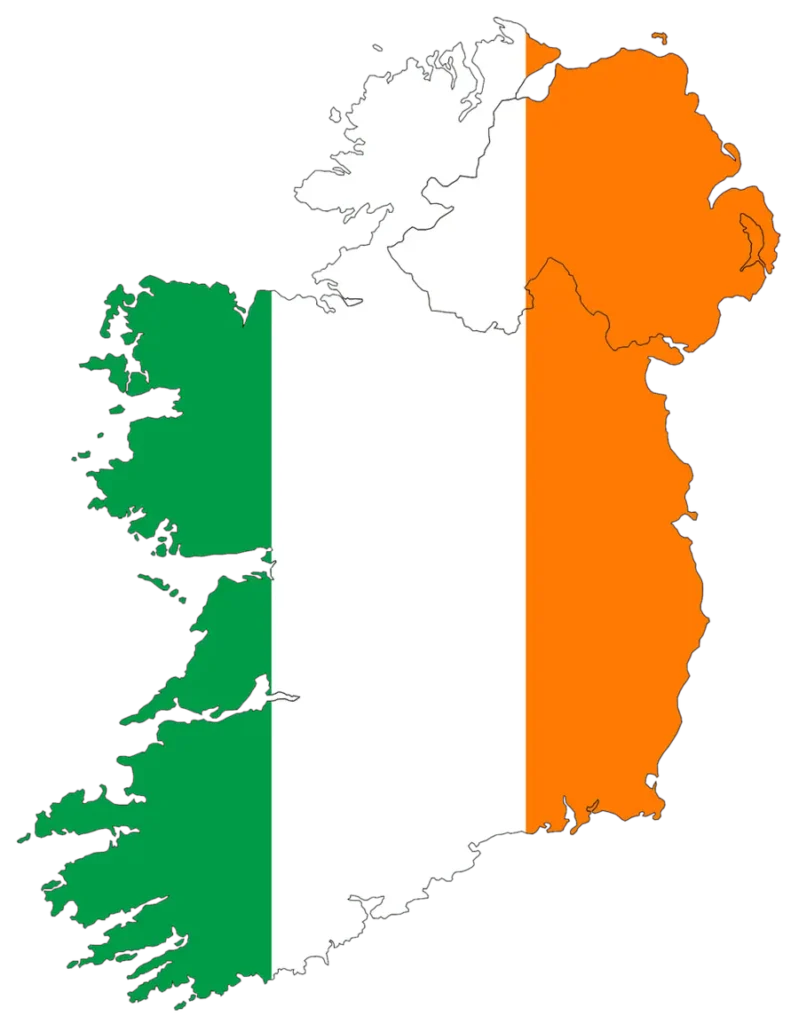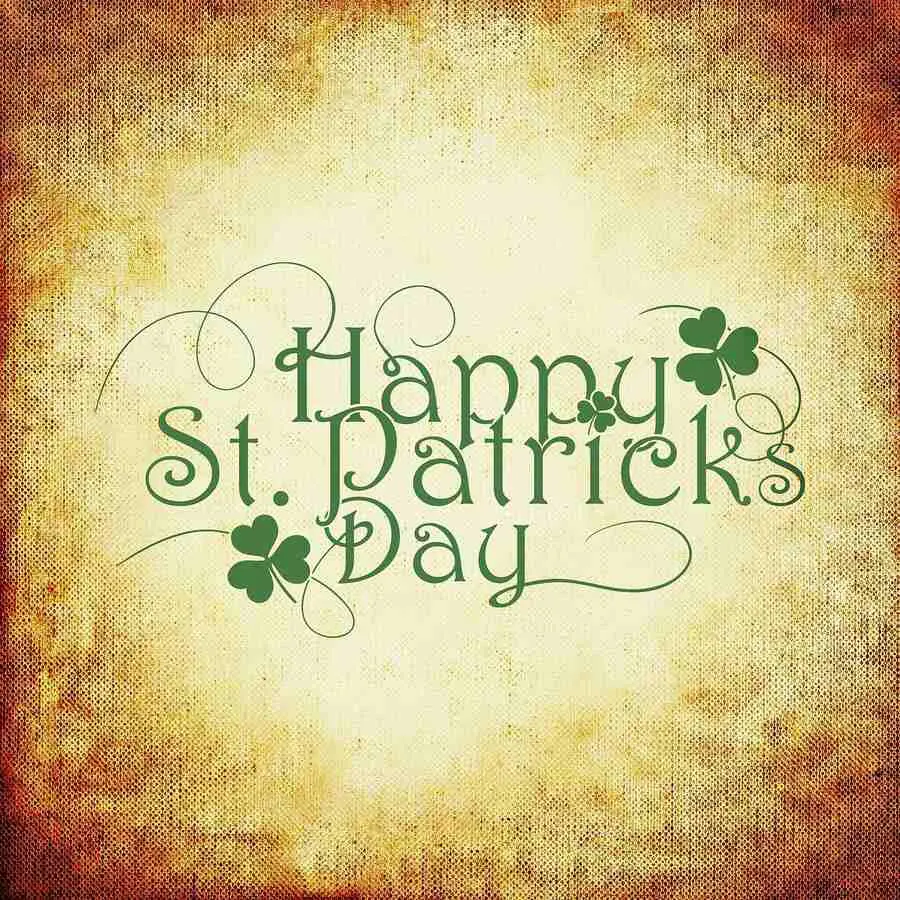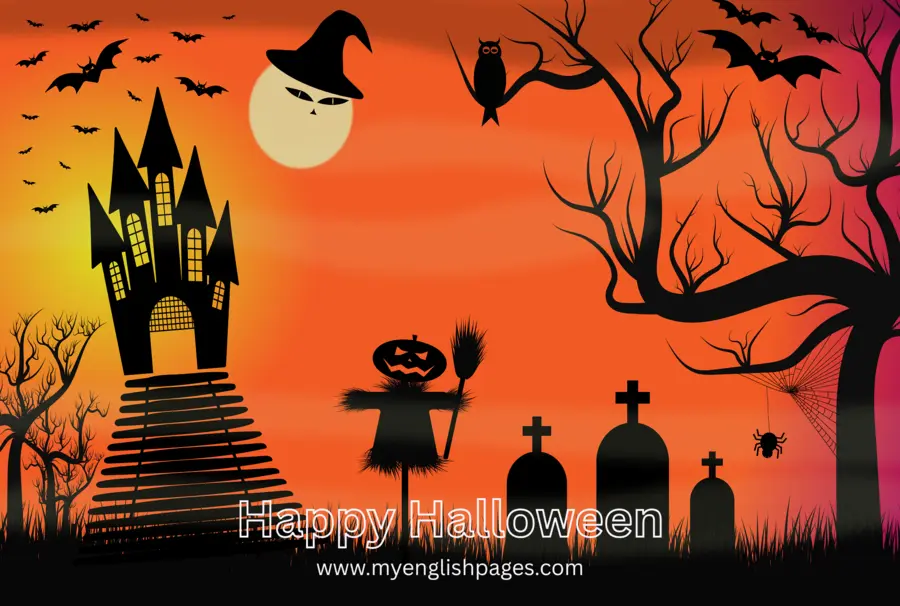Explore important Irish holidays and festivals that shape Irish identity
Table of Contents
Introduction
Ireland is known for its rich cultural heritage and vibrant celebrations. From religious festivals to seasonal traditions, Irish holidays are celebrated both locally and globally. These events reflect the island’s deep-rooted history, Celtic customs, and Christian influences.
Understanding these holidays is a great way to engage with Irish life and language, whether you’re learning about Ireland for cultural studies or ESL purposes.
Major Holidays in Ireland
Here are the two major Irish holidays:

Saint Patrick’s Day

- Celebrated every year on March 17th
- Honors Saint Patrick, the patron saint of Ireland
- Famous for parades, green clothing, music, and shamrocks
- A public holiday in the Republic of Ireland
- Celebrated worldwide in cities with Irish communities
✅ Explore more about this holiday on our dedicated page:
Halloween

- Celebrated on October 31st
- Originates from the ancient Celtic festival of Samhain
- Marks the end of the harvest season and the beginning of winter
- Traditional activities include costumes, bonfires, and trick-or-treating
- Though popular worldwide, Halloween has deep Irish roots
✅ Discover more about its Celtic origins and modern customs here:
Other Celebrations and Observances
While St. Patrick’s Day and Halloween are the most famous, Ireland celebrates many other important dates:
| Holiday | Date | Description |
|---|---|---|
| Easter | March/April | A major Christian holiday marked by church services and family meals. |
| Christmas Day | December 25 | Celebrated with religious observance, food, and gift-giving. |
| St. Stephen’s Day | December 26 | Known for Wren Boys parades in some areas. |
| New Year’s Day | January 1 | Celebrated with fireworks and family gatherings. |
| May Day | May 1 (approx.) | Traditional spring festival with Celtic origins. |
Explore More About Ireland
If you’re curious about Irish culture, here are more related pages on our site:
- The Island of Ireland
- The Republic of Ireland
- Economy of Ireland
- Places to Visit in Ireland
- Irish Literature
- Irish Culture
- Holidays in Ireland
Key Vocabulary
| Word | Definition | Example |
|---|---|---|
| Patron saint | A saint regarded as the special guardian of a place or group | St. Patrick is the patron saint of Ireland. |
| Tradition | A custom passed down through generations | Wearing green is a tradition on St. Patrick’s Day. |
| Festival | A celebration or series of events | Halloween is a festival with ancient Celtic roots. |
| Observance | The act of celebrating or recognizing a holiday | Easter is an important observance for many Irish people. |
| Custom | A usual way of behaving or doing something | Lighting bonfires is an old Irish custom. |
| Public holiday | An official day off work for celebration | St. Patrick’s Day is a public holiday in Ireland. |
| Celtic | Related to the ancient people of Ireland and Scotland | Samhain is a Celtic festival. |
| Harvest | The gathering of crops | Halloween marks the end of the harvest season. |
| Parade | A public procession to celebrate an event | Dublin hosts a large parade for St. Patrick’s Day. |
| Folklore | Traditional beliefs and stories | Irish folklore includes tales of leprechauns and fairies. |
Quiz: Test Your Knowledge
Answer True or False:
- St. Patrick’s Day is celebrated on April 17th. (…)
- Halloween has its roots in an ancient Celtic festival. (…)
- Christmas is not celebrated in Ireland. (…)
- The Wren Boys parade is associated with St. Stephen’s Day. (…)
- St. Patrick’s Day is only celebrated in Ireland. (…)
- Samhain was originally a springtime celebration. (…)
- Ireland’s official language is English. (…)
2 → True
3 → False
4 → True
5 → False (It’s celebrated worldwide)
6 → False (It’s an autumn festival)
7 → True
More about public holidays in Ireland!
More English-speaking countries:


